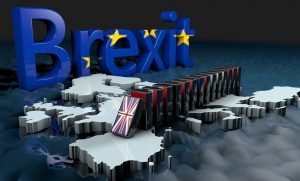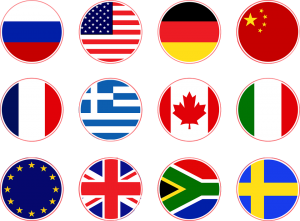Brexit has long been an area of controversy
throughout Europe. While former British Conservative
MP George Osborne claimed it was “for the richest [who can] afford recessions,”
on the other side of the spectrum, Brexit Party leader Nigel Farage believed it
was “the first brick that was knocked out of the establishment wall.
Looking at investments though, regarding
technology startups potential investors are not impressed. A tech industry spokesman warned
that they feel Britain is “closing itself off” via Brexit.
Head of TechUK’s Brexit policy Giles
Derrington said Britain’s reputation will suffer if the Brexit deal does not go
through. And the last two candidates for
Conservative leader and UK PM – Boris Johnson and Jeremy Hunt – have both
indicated willingness to take Britain out of the EU even if a deal is not
reached.
The EU is soon rolling out new rules on personal data, and research shows that fewer than 10% of small businesses in Britain are ready for these changes. Approximately 20% of companies don’t even know that the General Data Protection Regulation is on the way in the last few months, according to research by the Federation of Small Businesses. As explained in a recent article at the Financial Times,
“The FSB’s findings tally with European Commission concerns that small businesses across the EU are “surprised” GDPR is about to come into effect. To encourage compliance with the new regime, the FSB is calling on Britain’s information watchdog to introduce a “safe harbour” scheme to allow businesses to voluntarily report themselves if they know they are in breach of the rules.”
Learn more and get the full details here.
The EU has tough data protection standards and is ensuring that everyone in the bloc upholds those standards. This is a victory for those who have feared that privacy could be undermined with information. The EU has approved of new language that they expect everyone to incorporate into future trade pacts to create a priority of privacy at the expense of free trade. This is intended to make it clear that the EU’s right to personal privacy won’t dissipate during trade negotiations with non-EU countries.






